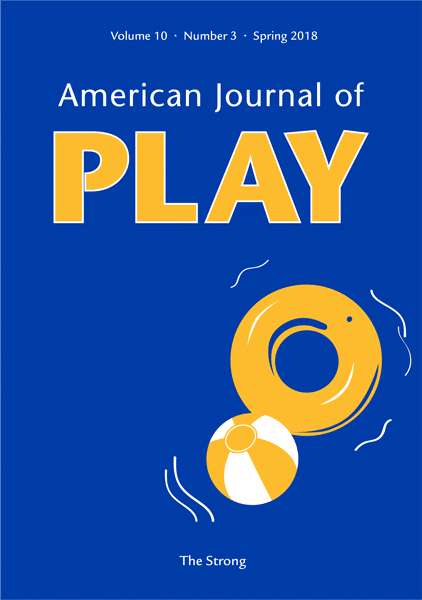Quixotean Play in the Age of Computation
The author proposes a rhetoric of computational play as a perspective for the analysis of the ludic in the Information Age. Combining concepts from the philosophy of information and postphenomenology with different theories of play, he argues that there is a play element shaping the cultural impact of computational media and that this kind of play is experienced as either sub-mission or resistance to the pleasures of computation. Both kind of experiences help develop new forms of understanding and create the cultures of the Information Age. Key words: computational media; digital play; philosophy of information; postphenomenology




